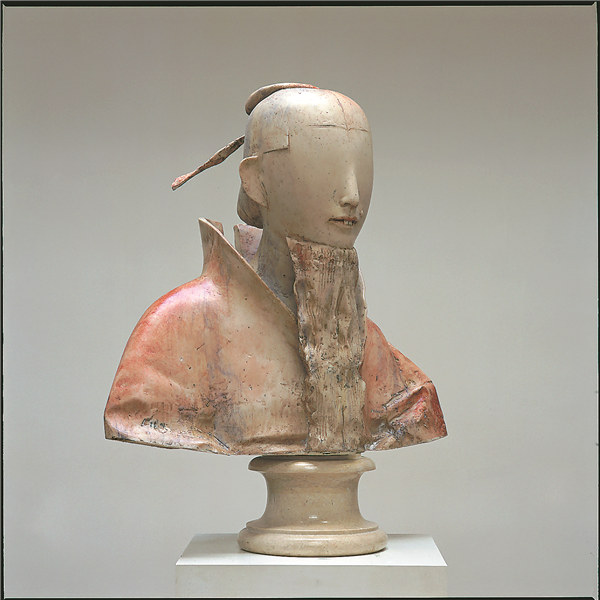

His interest intensified as he studied, and Qiao invested his heart and mind in a lifelong endeavor to usher traditional lacquer art into modern techniques, attesting to people's varied cultural needs. Leaving behind an oeuvre of mesmerizing paintings, he is recognized as "the father of modern lacquer art".
His pieces show the unique beauty and shimmer of lacquer and the artistry that can be achieved on a painting's flat surface, unlike that of three-dimensional objects.
One example is Water Splashing Festival, which he created in 1978, depicting an animated scene of the Dai ethnic group celebrating one of their much-cherished folk events.
Now a collection of the National Art Museum of China, his works employ the sanyuan (three distances) method of Chinese landscape painting — the long, middle and close-up views — and his treatment to arrange the dressed-up women apart in the foreground exhibits the influence of court ladies paintings of the Tang Dynasty (618-907).The minimalist style of Chinese painting also inspired Qiao when creating another signature work, Hui-Style Residence, in which he focused on the simple beauty of the whitewashed walls and obsidian roofs of the civil dwellings in Anhui province, as well as the tranquil atmosphere. However, he didn't forget the traditional techniques; in painting walls and streets, he embedded eggshells to add dimension.
Qiao once said it took great difficulty, even though he juggled lacquer and painting for over four decades, to find the right spot where the brush strokes are well-matched with the distinctive merits of lacquer.
"Neither side should be comprised in the creative process. I never want to 'disappoint' lacquer, nor dare to 'fail' painting. It is hard," he said.
Decades later, after Wang Ziting began her doctoral studies at the same academy where Qiao studied and taught, she felt that same pressure. Her mentors include Li Xiangqun, 63, an influential sculptor who has also been integrating lacquer into his work.